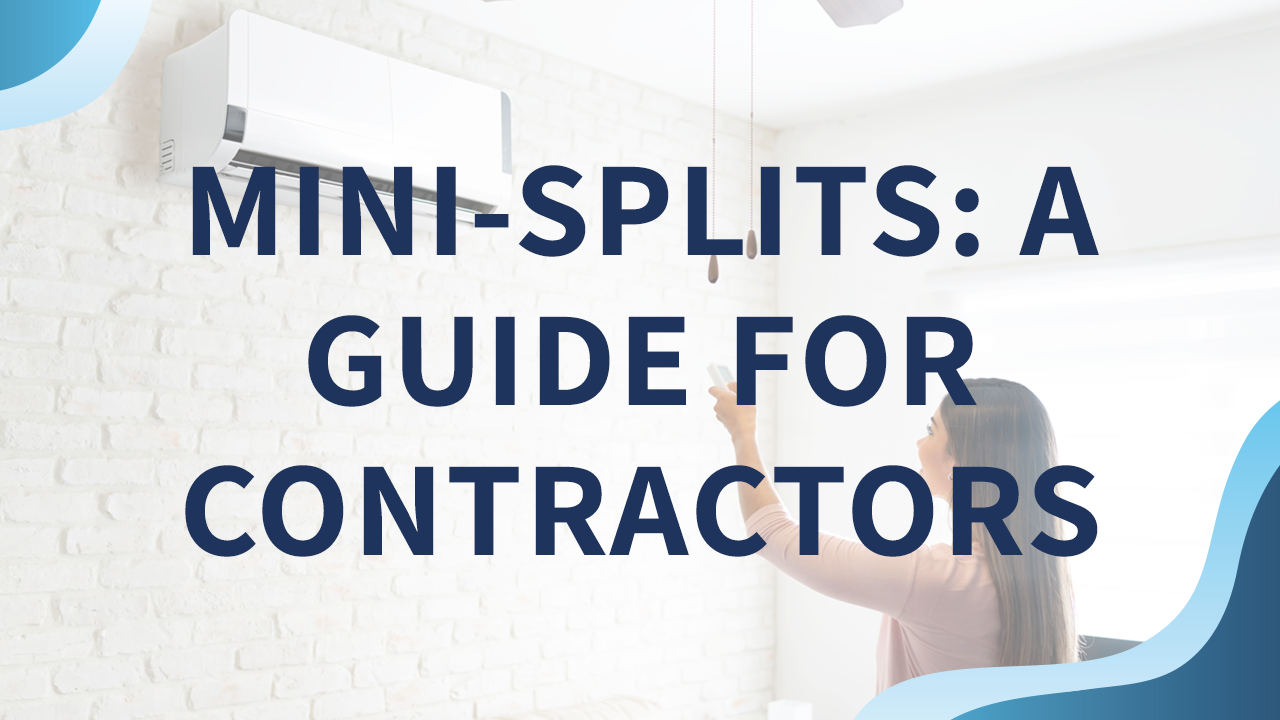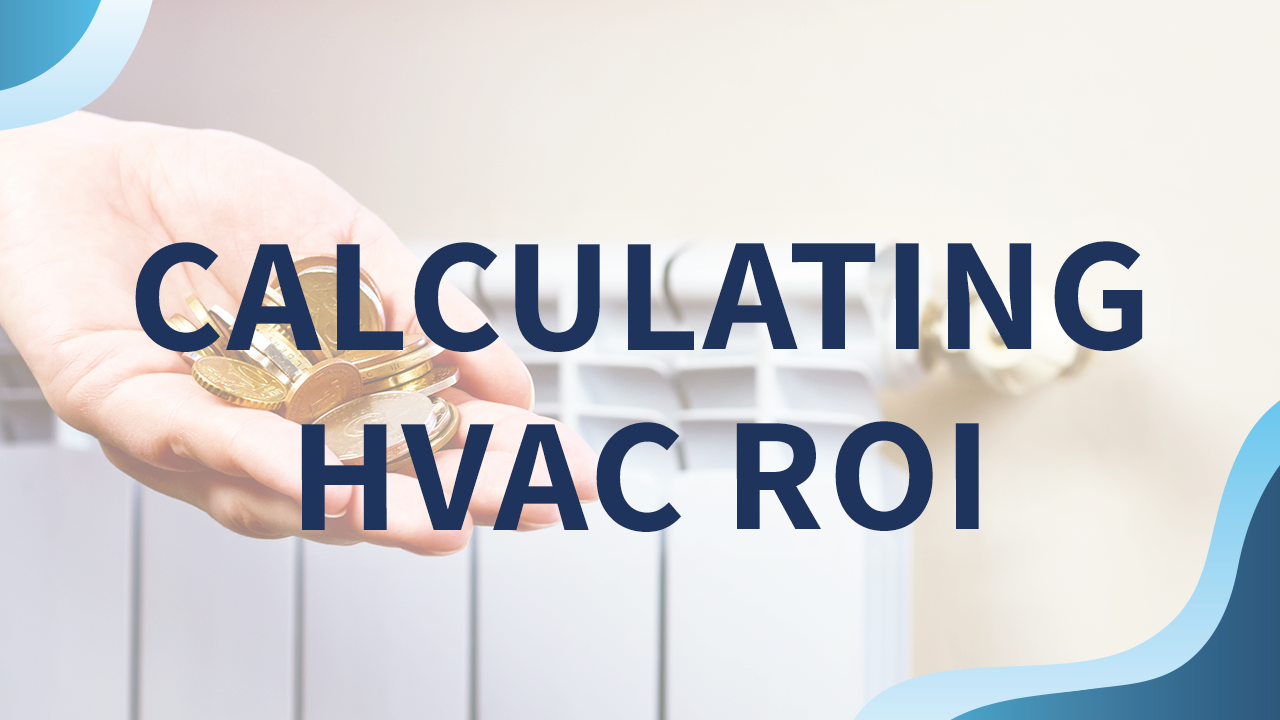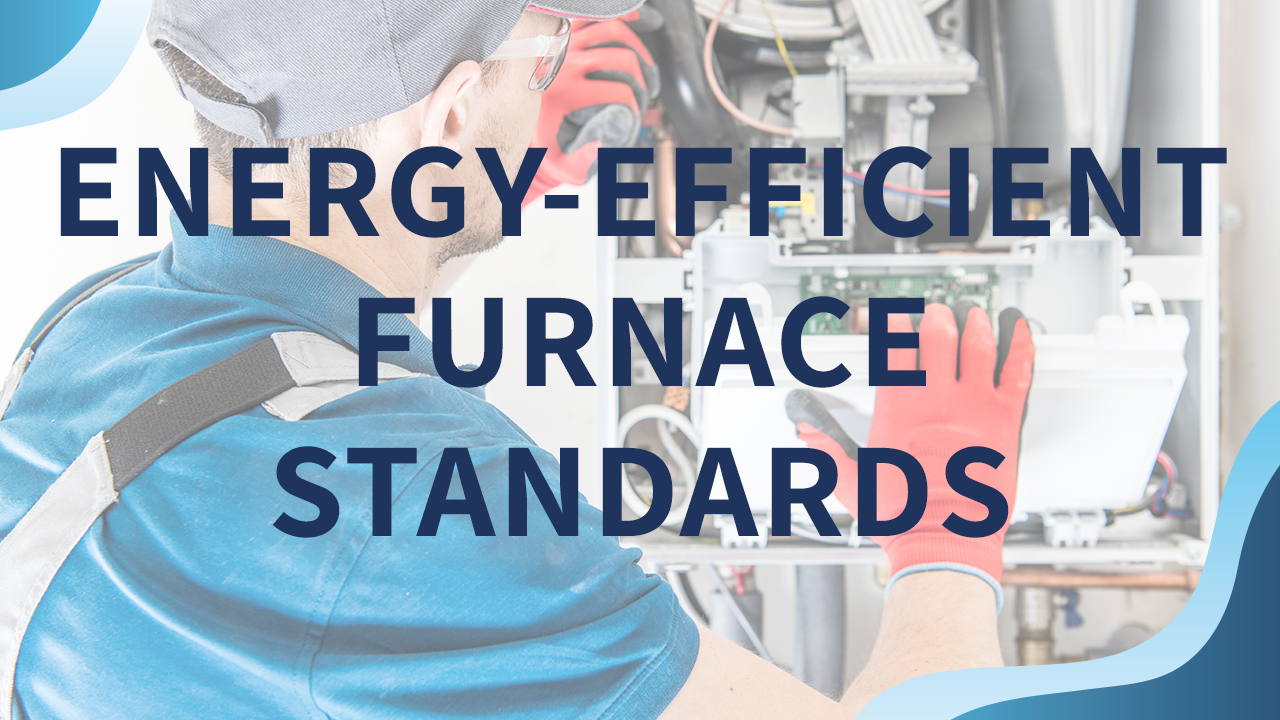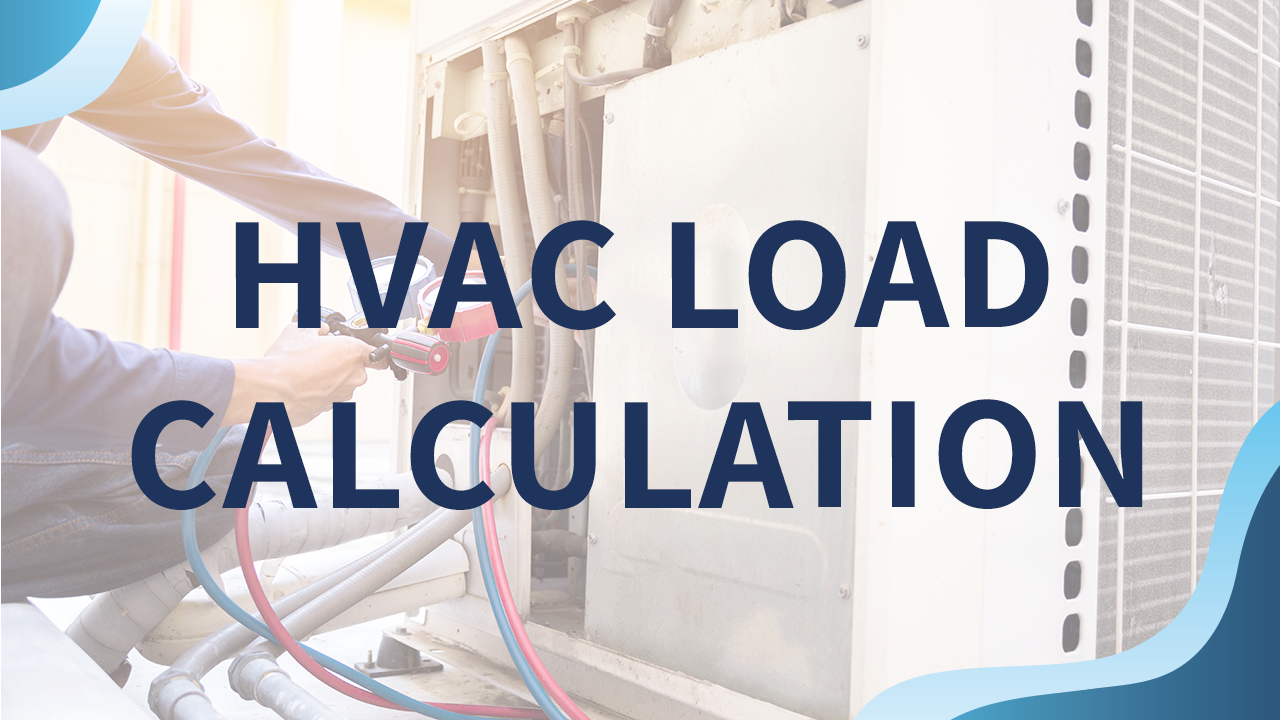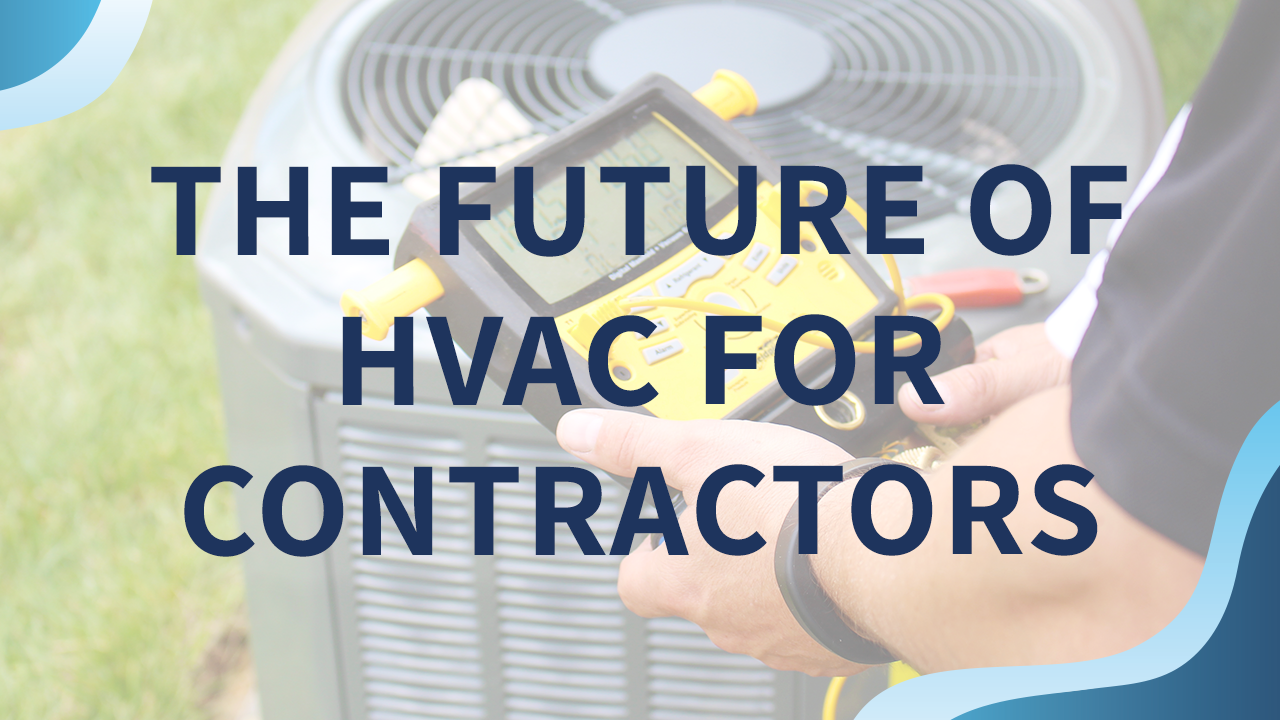Finding a contractor that you know will get a job done well the first time can seem like a daunting task. Not all contractors are the same and it’s important to ensure that you can trust them and that you won’t be deceived or scammed in the process.
Deborah Shipp, Motili’s HVAC Quality Assurance Manager, has worked in the HVAC industry since 2005 and is very passionate about HVAC. She played a substantial part in the California ACCA 180 program which helped save over 27 million kilowatts in the time that she managed the Air Care Plus program. She led over 30 contractors and many technicians on the largest retrofit program ever in California, installing DCV controls with economizers in California schools such as those in Los Angeles and Sacramento Counties, which saved them millions of dollars on their utility bills.
In this interview, we asked Deborah what to look for when hiring a contractor and which red flags to watch out for.
What are the top warning signs to watch out for when looking for a contractor?
From a customer perspective, one of the things we were taught was pride in who we were and how arrived at a customer’s house. We made sure our uniforms looked good, we wore booties in their homes and presented a portfolio of jobs we have done before. How does the contractor look, and did they come prepared? Is a contractor going back and forth tracking dirt into your home? How contractors present themselves is a significant indicator of how they will perform your installation.
Having a contractor’s license and making sure that they can tell you what’s wrong with your unit and what their plan is to fix it is huge. What date do they plan on starting, and when do they plan on finishing? They need to be consistent and communicate issues with you. What’s your gut feeling on if you trust them or not? How do you feel when you see them?
What are some questions you should ask and certain qualities you should look for before they go into your home and start working?
I would ask for references and find out who exactly is going to be doing the installation. When looking into a company, do they have qualified installation technicians that work for them? They might have service technicians, but they hire off the streets every summer for the installation guys. When I first started, my boss made me work on installation first. We got our suits on and went into the attic and that’s where all the concerns arose from a bad installation.
It starts from the beginning – from sizing the equipment to installing the equipment. How well your unit was installed directly affects how your unit is going to perform for the rest of its life. Know if your contractor is certified and ask: where did they earn it, how many years of experience do they have, and how long have they had a license? Do they have a website? Do they have references? Can I see some pictures of some jobs that you’ve done before? You can find some of this information on the internet, but you should always still ask.
What are we doing at Motili when looking to hire a contractor?
I’m so proud to work at Motili with my boss Shannon Jameson, who is amazing, and I look forward to working with her. She has a lot of experience in the field – we work directly with Goodman manufacturing – and together our team has a hundred years of combined experience.
We are developing our processes right now and what we want that to look like. We focus on quality installation. We want to provide contractors who care about their work and who are ready to set the industry standards. Every day we are working towards that goal. We want people who work by code, who have ethics, show good craftsmanship, and are someone who we can be proud of at the end of the day.
It’s also crucial to develop a quality installation and auditing process because to say that we do a good job, we must be able to show the checks and balances of how we reviewed that work and how the work as a whole played out.
We want to set nationwide standards that are as consistent as possible. When we see problems, my goal is to develop a training opportunity. Instead of just saying they’re bad and they did a poor job, we want to acknowledge what happened and ask what we can do to help them and make them a better technician.

